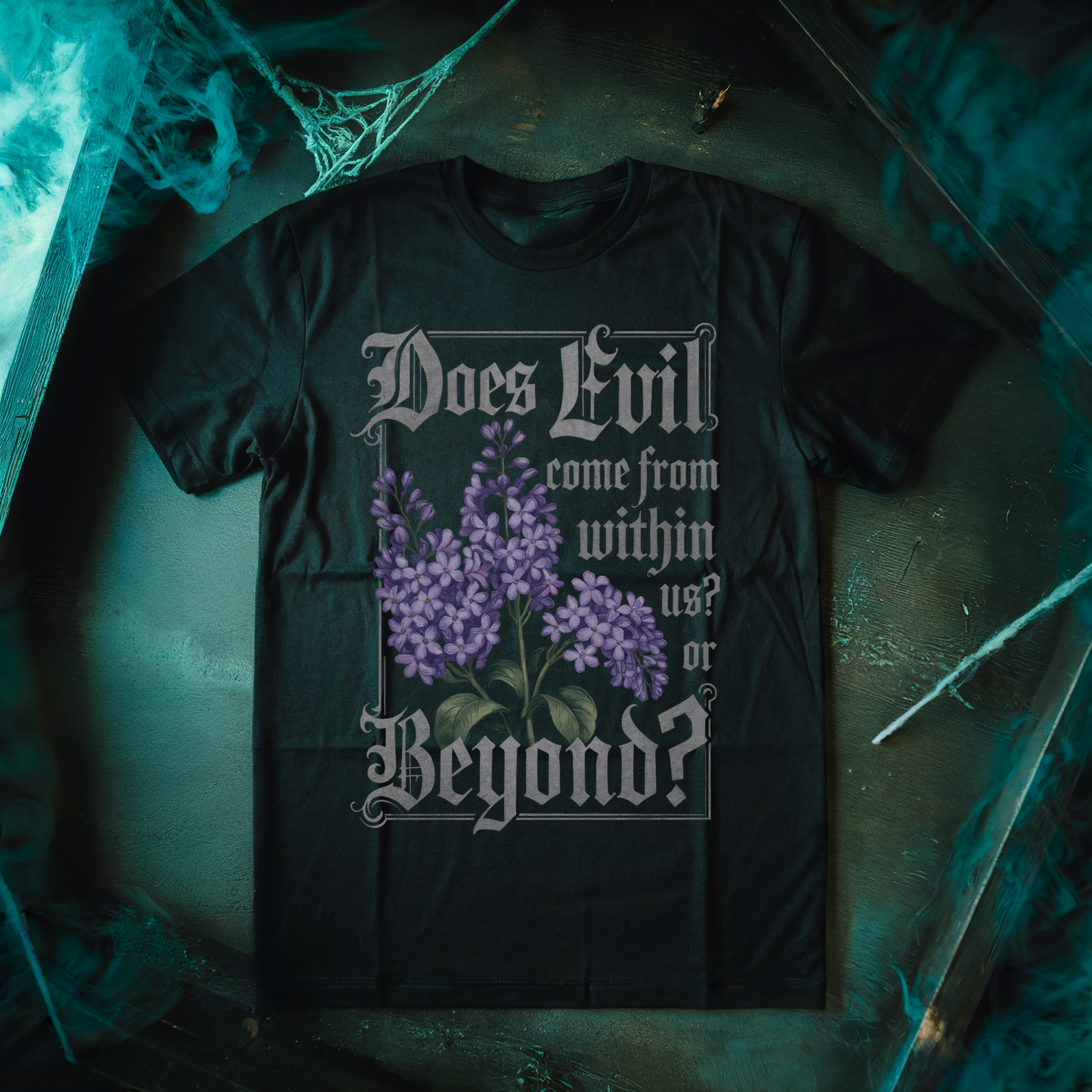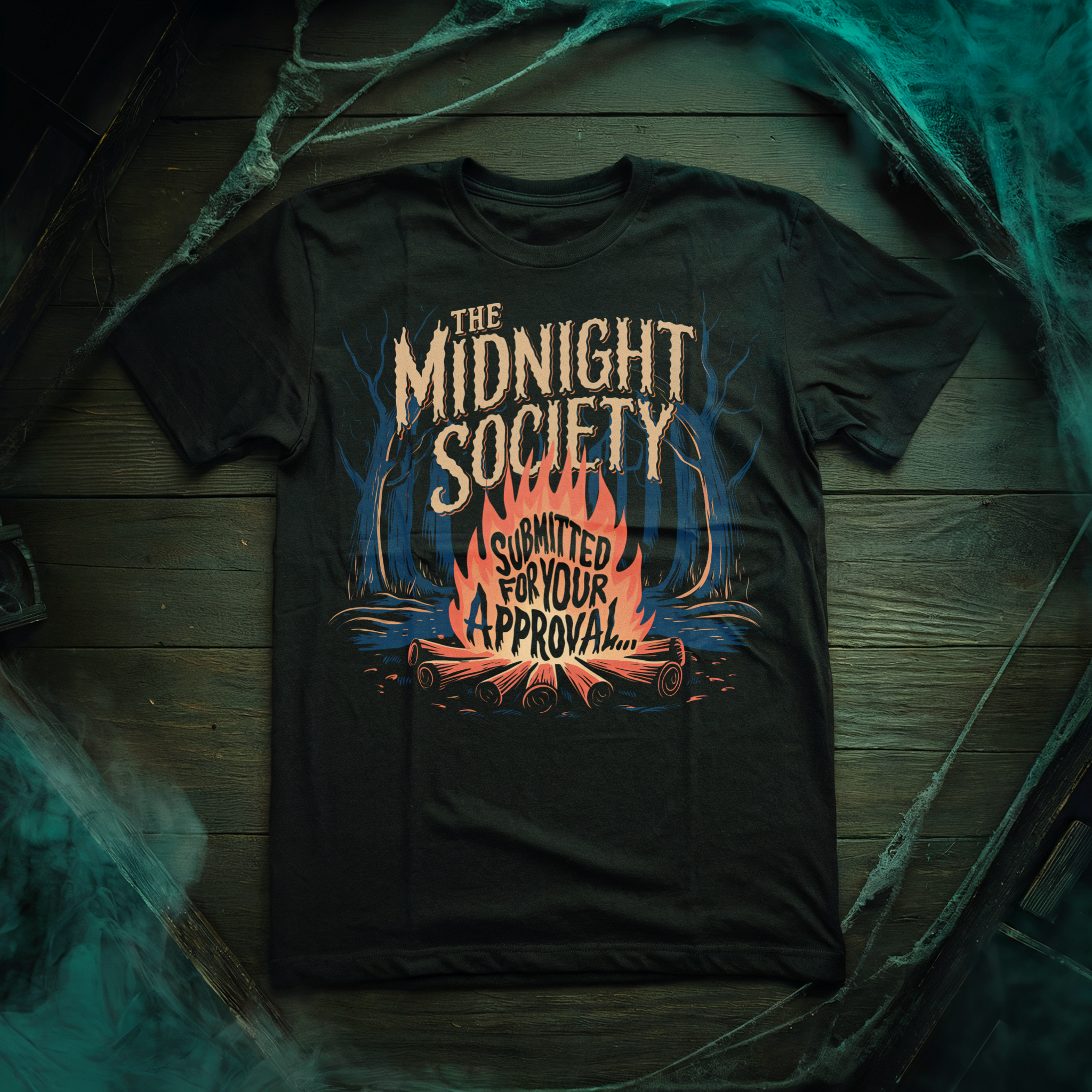When the trailer for Daniel Farrands’ The Haunting of Sharon Tate was first released, people had concerns. One of the biggest contentions was whether or not this film is disrespectful. After all, it dramatizes how Sharon Tate and her friends were brutally murdered by people from Charles Manson’s cult in 1969. From the looks of the trailer, it didn’t even appear to be an accurate depiction.
The Haunting of Sharon Tate comes from the popular belief that the late actress foretold her death before it ever happened. Director Farrands is well aware of this eerie coincidence, and he has no problem creating a movie around it: upon seeing a strange man standing in her bedroom, the film’s namesake witnesses two people tied up and with their throats cut open—her ex Jay Sebring and herself. Sharon Tate (Hilary Duff) is paralyzed by this prophecy, and it drives her to suspect everyone around her.

This bottle thriller take place three days before that fateful night at 10050 Cielo Drive. At this point, Sharon is a few weeks away from giving birth and she’s very anxious to see her husband Roman Polanski, who is still away on business. Staying at the house is Roman‘s friend Wojciech Frykowski (Pawel Szajda) and his girlfriend Abigail Folger (Lydia Hearst). Sebring (Jonathan Bennett) is close by as well, and an eighteen-year old named Steven Parent (Ryan Cargill) has replaced the usual caretaker who lives on the grounds.
It doesn’t take long for things to get going—an unseen visitor bangs on the front door that first evening before leaving behind a package. The next day after Sharon finds her dog dead, she discovers a collection of other packages that Frykowski and Folger were hiding from her. All of which are from someone named “Charles.” Sharon quickly and infrequently becomes overwhelmed by all that’s going on. She’s paranoid, and as we all know, she’s right to feel that way.
Director Daniel Farrands has stated he wanted to know what could have happened if Sharon, given the chance, had “turned the tables or shifted the tide.” This jejune attempt to “empower” Sharon comes off as condescending, though. The director’s filmmaking endeavor is incidentally critical of the actions of five victims thrown into a scenario that was beyond their control, no matter what they did.
On a positive note, where the film sort of succeeds is the cast. Lead Hilary Duff has many moments where her slant on Sharon Tate is awkward, and you start to think she’s miscast. But then there are a few instances where she delivers a commendable performance in a role that’s undeserving of it. Duff and the supporting cast do a fine job all things considered. They lean into Farrands’ unfettered translations with creditable readiness.
However, it’s clear why The Haunting of Sharon Tate and other Charles Manson related films are coming out this year—it’s the fiftieth anniversary of the murders. This movie just seems opportunistic regardless of the intentions of everyone involved. It’s not as if this is one of those films where “Based on a true story” is merely a deceptive marketing gimmick. No, it’s pretty common knowledge that five people were actually killed that night. The truth is toyed with, and many aspects of the film come off as violating.
It’s debatable whether or not Farrens had Sharon Tate and her friends’ best interest at heart when writing this film. The director’s spectral reimagining of the massacre isn’t inherently malicious. Judging by a couple of scenes and the left field outcome, a discernible watcher can tell Farrens has sympathy for Tate. He indeed waxes poetic about destiny throughout his script, and he begs the question if it’s possible to “alter the course of our fate.” It’s an intriguing idea that’s not exactly novel. More importantly, it’s inappropriate in this context.
For many of us, we’re taught to respect the dead. We stop for funeral processions, we bow our heads, and we send cards and flowers to the bereaved. Yet when it comes to true-crime, respect isn’t always a priority. Books, films, television shows, and podcasts about real-life murders—they bank on our morbid curiosities about people whose lives were taken well before their time. We tend to get caught up in sensationalism or our need for answers. That’s not to say people can’t indulge with ‘nary a thought about the victims; people can care about multiple things at the same time.
The Haunting of Sharon Tate ultimately doesn’t work as either as a home invasion movie, or as a documentary. What it really feels like is true-crime fanfiction with a lofty but misguided concept. The director said he wanted to “find [his] own way into the story.” He accomplished what he sought to do, but his perspective is regrettably more unsavory than haunting.
The Haunting of Sharon Tate is now playing on demand and in select theatres. Let us know what you thought over in the Horror Movie Fiend Club on Facebook, our Subreddit, or Twitter!





![the haunting of sharon tate [Review] THE HAUNTING OF SHARON TATE is More Misconceived Than Haunting 10 the haunting of sharon tate](https://nofspodcast.com/wp-content/uploads/2019/04/the-haunting-of-sharon-tate.jpg)



